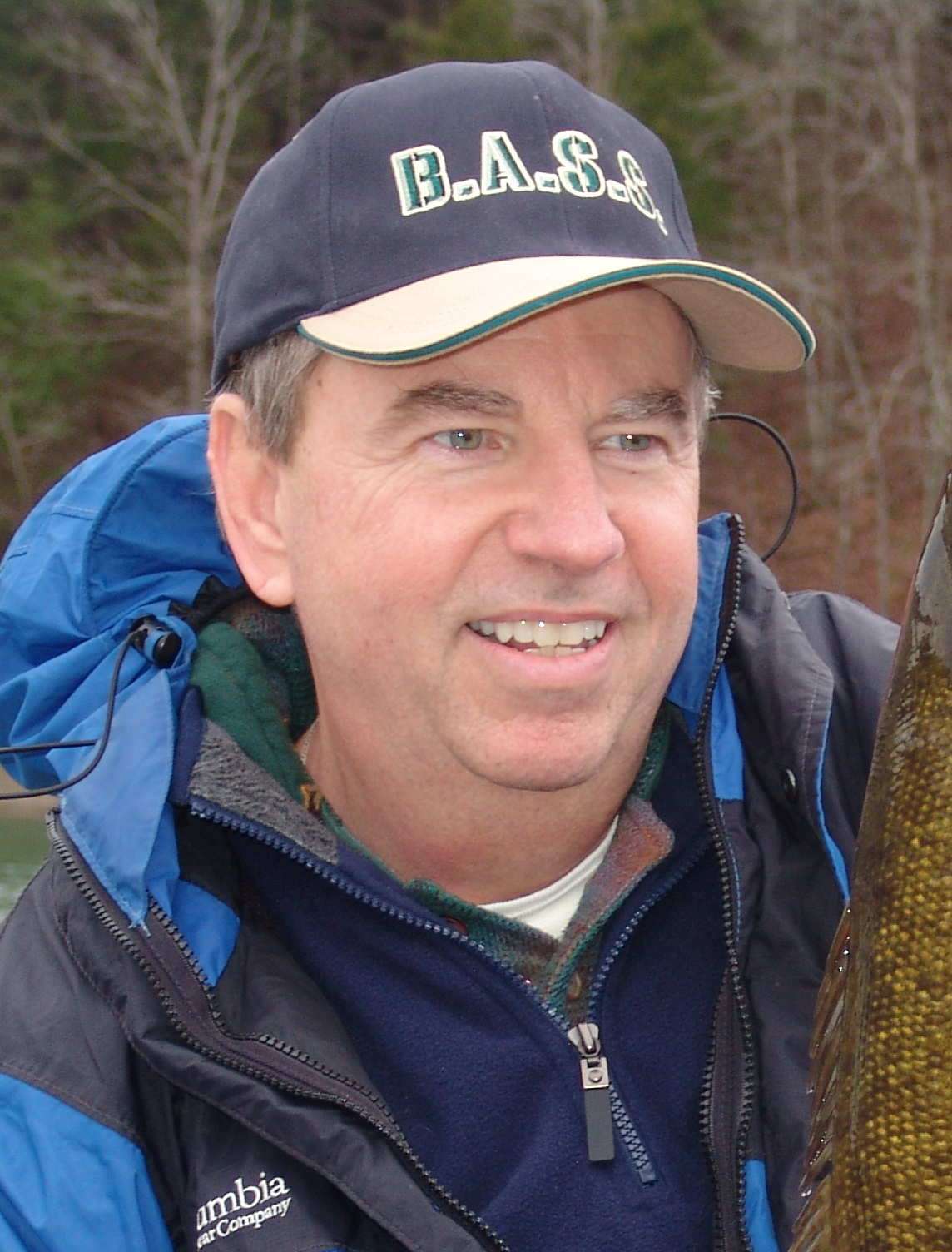SALEM, Ore. — Oregon may be poised to bow to political pressures and remove bag limits from smallmouth bass on the Columbia River. This could happen as early as Friday, June 19, when the state’s Warmwater Working Group meets, according to sources.
Public and private groups and individuals are applying that pressure, including native species advocates and fisheries biologists within the Oregon Department of Fish and Wildlife (ODFW) who have an anti-bass bias. Additionally, the state has been feeling the heat for some time from both the federal government and Washington state, which already has removed limits for bass and walleye in the Columbia and Snake Rivers and their tributaries above McNary Dam on the Oregon-Washington border.
“Eliminating bag limits will do nothing more than make a public statement that warmwater fisheries, and by extension, warmwater anglers are insignificant when compared to other fisheries and anglers,” said Lonnie Johnson, Oregon B.A.S.S. Nation conservation director.
Even though largemouth and smallmouth bass are among the most popular sportfish in the Northwest, their high profile also makes them easy targets. Native species advocates continue to blame these predatory non-native fish for the demise of salmon fisheries, when the primary reasons are alteration and degradation of riverine habitat by dams, irrigation and development.
“On the main stem of the Columbia, increasing spill (dam discharges) instead of storing water for hydropower would be more helpful,” said a fisheries biologist who asked to remain anonymous. “It would make the Columbia more like a river again, fish wouldn’t bottle up, and water temperatures would lower, meaning predators wouldn’t feed as aggressively.
“But spill is money, while bass are low-hanging fruit that are easy to target.”
Johnson added that some predation on salmon smolts does occur above McNary Dam, but pointed out that the primary predator is the northern pikeminnow (squawfish), which, in turn, is eaten by smallmouth.
“By attempting to eliminate smallmouths, the ODFW is, in fact, increasing predation on smolts,” he said.
The National Marine Fisheries Service, meanwhile, admitted that “the extent to which a regulation change (removing bag limits) will affect the harvest of these species and thereby reduce predation rates on at-risk salmon and steelhead population is uncertain.” Yet it also argues that maintaining limits on smallmouth bass would imply a desire “to maintain a healthy population of large, non-native predators.”
If Oregon removes bag limits on Columbia River smallmouth bass, what is certain is that most bass anglers will continue to practice catch and release as they have for decades. Unless the ODFW takes the unprecedented step of placing a bounty on the non-native fish that have been in the river for more than a century, likely little will change in the overall makeup of the fishery.
Also what is certain is that the agency needlessly will alienate a large part of its constituency.
“At a time of financial crisis, ODFW is turning its back on a significant source of money (through license fees),” Johnson said. “Warmwater and its followers deserve a place at the table. Oregon Fish and Wildlife first stocked bass in the Columbia River by railroad car in 1898. Now they are considering us persona non grata.”

